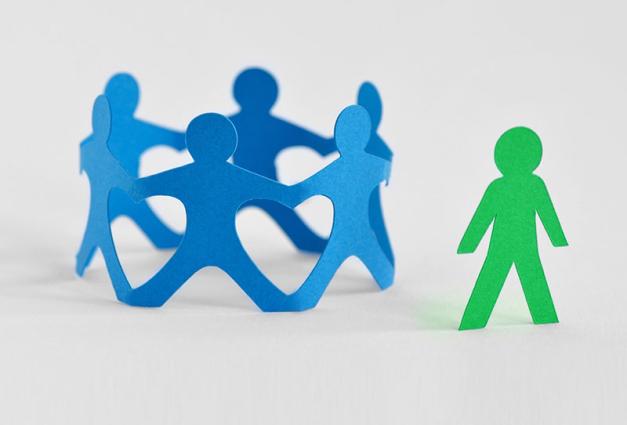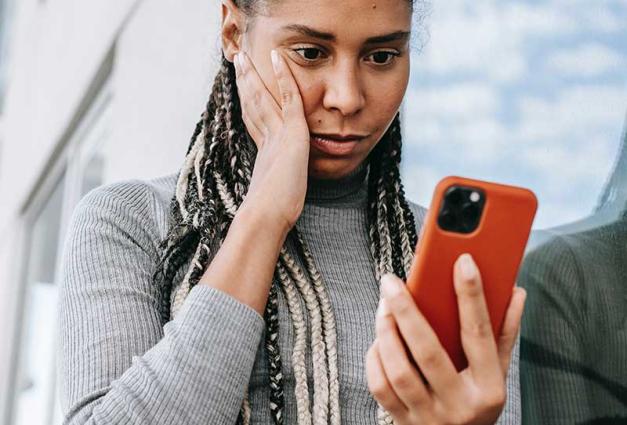Do you believe that Princess Diana faked her own death and is now living privately on a remote island? Do you think the 9/11 terrorist attack was an inside job? Do you think that COVID-19 doesn’t actually exist? Even though these conspiracy theories have no solid evidence behind them, many people believe them. Research has been showing that these beliefs impair people’s psychological and social well-being. Our research was designed to understand why people are attracted to these theories and what we can do to combat their influence.
Research suggests that some people are more easily influenced by conspiracy theories than others. For example, people who are anxious or insecure are more prone to believe conspiracy theories than those who are calm and secure. We wondered whether people would become more conspiracy-minded when they have been ostracized by others because ostracism threatens people’s sense of security and psychological well-being.
Human beings cannot live without adequate support from other people. Throughout human evolution, our ancestors relied on others for food and shelter to survive, and even in modern times, we still seek to connect with those around us. Failing to connect with other people, especially when we are being ostracized by others, we become vulnerable. My colleagues and I thought that the threats that arise from ostracism may lead people to think like conspiracy theorists because ostracized people want to understand their environment to avoid potential threats and dangers.
In support of this idea, one of our studies found that people who have had more ostracism experiences in their lives tend to believe in more conspiracy theories. To test the idea that ostracism increases conspiracy beliefs further, we conducted two experiments in which we led some of our research participants to feel ostracized. In one experiment, we asked the participants to create a social media profile and connect with 11 people. We then led some participants to think only one person had “liked” their profile, while we led other participants to think that five people “liked” their profile. In another experiment, we had one-third of the participants remember and write about a time when they experienced ostracism, while the other participants remembered and wrote about a time when they experienced physical pain or visited a supermarket. In both studies, participants then rated how much they believed in a set of conspiracy theories, such as the death of Princess Diana, the etiology of Severe Acute Respiratory Syndrome, and the assassination of Martin Luther King.
Both experiments showed that ostracism led participants to feel more vulnerable and endorse more conspiracy theories.
All of us feel ostracized, lonely, or left out sometimes. Does that mean that we are all likely to fall for conspiracy theories? We thought that there might be ways to lower this possibility. Our team conducted another study to investigate whether a self-affirmation exercise in which research participants reflected on values that are important to them would weaken the link between ostracism and conspiracy beliefs. In other words, if people bolster themselves by thinking about things that are important to them, they may be able to withstand the pull of conspiracy theories.
The results of this study showed that ostracized participants who had an opportunity to reflect on their core values endorsed fewer conspiracy beliefs than participants who did not engage in this self-affirmation exercise. Thinking about the values that made their lives meaningful weakened the effects of being ostracized on believing conspiracy theories.
Our research suggests that feeling ostracized is one explanation for belief in conspiracy theories. Perhaps that is why so many conspiracy theories popped up when people were stuck at home during COVID-19 lockdowns. However, we also found that thinking about your values reduced the effects of ostracism on beliefs in conspiracies. That may be good news to company managers, government officials, and parents—if you can affirm your employees’, citizens’, or children’s core values, it may reduce the atmosphere of conspiracy and suspicion and lower the spread of misleading rumors.
For Further Reading
Poon, K. T., Chen, Z., & Wong, W. Y. (2020). Beliefs in conspiracy theories following ostracism. Personality and Social Psychology Bulletin, 46, 1234-1246.
Douglas, K. M., & Sutton, R. M. (2018). Why conspiracy theories matter: A social psychological analysis. European Review of Social Psychology, 29, 256-298.
van Prooijen, J., & van Vugt, M. (2018). Conspiracy theories: Evolved functions and psychological mechanisms. Perspectives on Psychological Science, 13, 770-788.
Kai-Tak Poon is an Associate Professor at the Education University of Hong Kong. He examines how interpersonal relationships influence people’s cognitions, emotions, behaviors, and psychosocial well-being.




